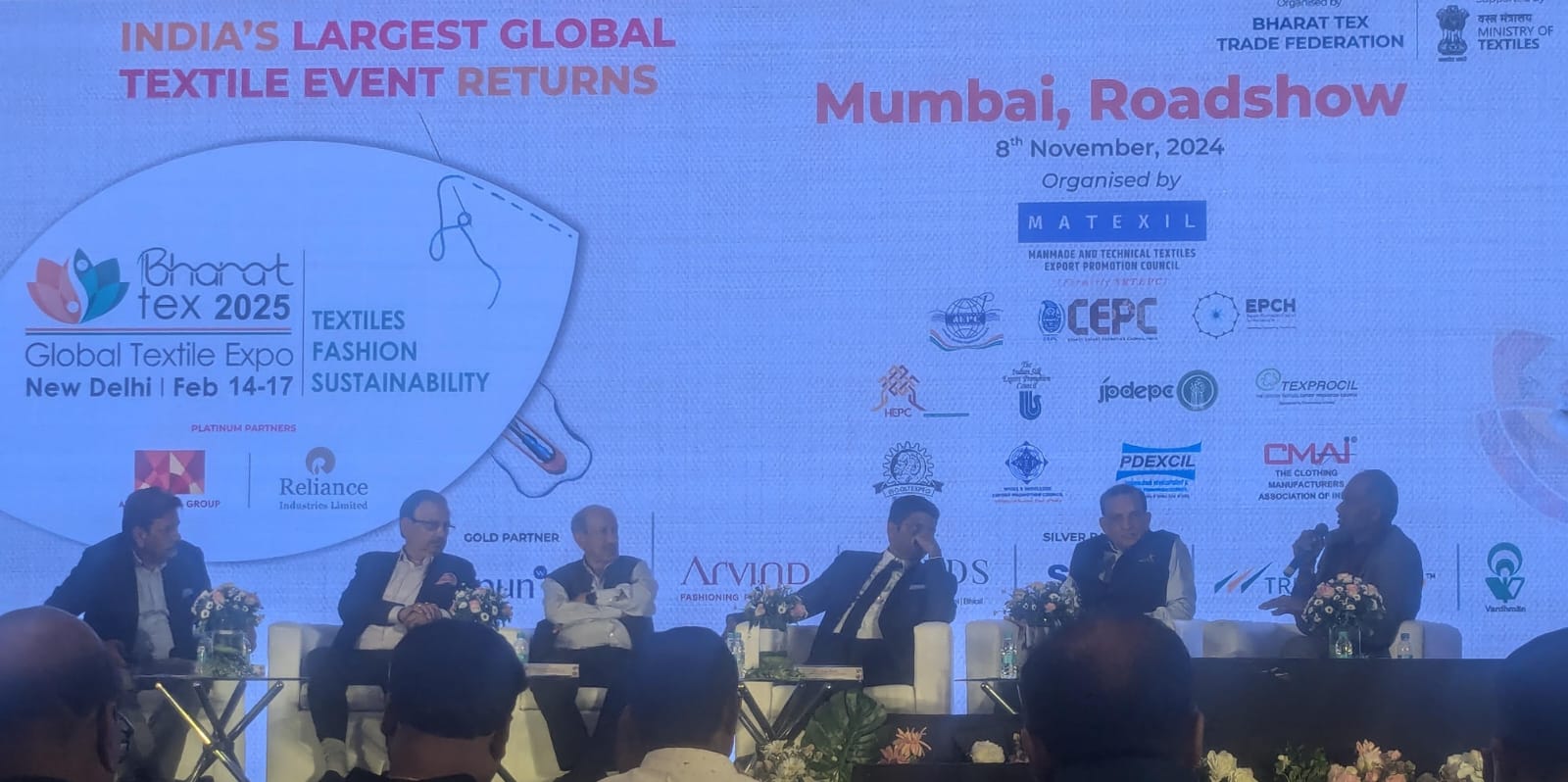India's domestic textile market is projected to grow to $350 billion by 2030 while textile exports are poised to reach $65 billion by FY26, according to a report by Invest India.
Valued at approximately $165 billion in 2022, the domestic textile market is expected to expand at a CAGR of 10 per cent by the end of the decade.
Beyond textiles, India has become the second-largest global manufacturer of personal protective equipment (PPE). With over 600 certified PPE-producing companies, the country is well-positioned in a market that is expected to surpass $92.5 billion by 2025 growing from $52.7 billion in 2019.
The textile industry also provides direct jobs to 45 million people and supporting an additional 100 million in related sectors. Cotton cultivation alone sustains around 6 million farmers and engages 40-50 million individuals in processing and trade.
Several factors contribute to the sector's growth, including India's advanced infrastructure, a focus on technical textiles driven by demand from industries like automotive, healthcare, and construction, and the availability of raw materials and skilled labor. Competitive manufacturing costs and a burgeoning retail landscape, including the rise of e-commerce, further enhance the sector's appeal.
To boost this growth, the Indian government has launched the Production Linked Incentive (PLI) Scheme, allocating Rs 10,683 crore to scale up the production of man-made fiber (MMF) apparel, MMF fabrics, and technical textiles. Under the PLI scheme, 64 applications have been approved, with a proposed investment of Rs 19,798 crore, an expected turnover of Rs 1,93,926 crore, and projected employment for 2,45,362 individuals. Significant investments are planned in states such as Madhya Pradesh, Uttar Pradesh, and Rajasthan.
Foreign Direct Investment (FDI) in the textile sector remains strong, with 100 per cent FDI permitted under the automatic route. From April 2000 to March 2024, India attracted $4.47 billion in FDI in textiles, including dyed and printed fabrics.
India's textile sector is vast and varied, with the country being the second-largest producer of cotton and jute globally, as well as the second-largest producer of silk. Notably, India accounts for 95 per cent of the world's hand-woven fabric, highlighting its unique position in the global textile industry.












